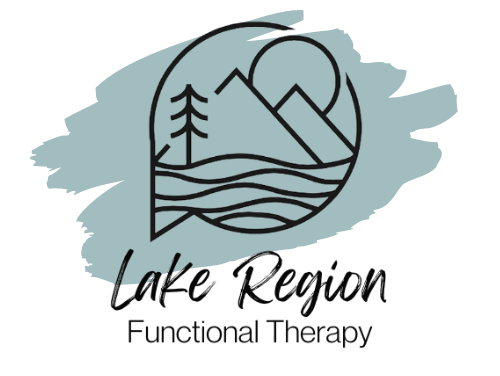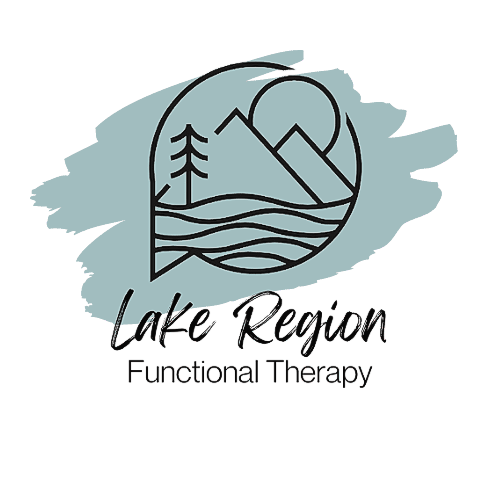SWALLOWING/FEEDING THERAPY
Difficulty swallowing, is also known as "Dysphagia". People can experience difficulty swallowing at any stage in their life, but it is most commonly seen in infants, older adults, people with neurological conditions and head & neck cancer patients.
ADULT
-
Signs/Symptoms
- Gagging, coughing, or choking with swallowing
- Difficulty initiating swallow
- Food sticking in throat
- Drooling
- Inability to maintain lip closure, leading to food and/or liquids leaking from mouth
- Unexplained weight loss
- Change in dietary habits
- Recurring aspiration pneumonia/ respiratory infection and/or fever
- Change in voice or speech (gurgly/wet voice)
- Watery eyes during or after eating/drinking
- Running nose during or after eating/drinking
- Nasal regurgitation/food and/or liquids leaking from nose
- Extra effort or time needed to chew or swallow
- Weight loss or dehydration from not being able to eat enough
- Sensation of food sticking in the chest or throat
- Regurgitation
- Stores food/drink in mouth
- Eating/drinking quickly
-
Associated Risks
- Dehydration
- Malnutrition
- Weight loss
- Respiratory problems, such as aspiration pneumonia or respiratory infections
- Fatigue
- Cognitive confusion
- Loss of dignity
- Feelings of isolation, anxiety and depression
- Decreased quality of life
PEDIATRIC
-
Signs/Symptoms
- arch their back or stiffen when feeding
- cry or fuss when feeding
- fall asleep when feeding
- have problems breastfeeding
- have trouble breathing while eating and drinking
- refuse to eat or drink
- eat only certain textures, such as soft food or crunchy food
- take a long time to eat
- pocket (which means to hold food in their mouth)
- have problems chewing
- cough or gag during meals
- drool a lot or have liquid come out of their mouth or nose
- get stuffy during meals
- have a gurgly, hoarse, or breathy voice during or after meals
- spit up or throw up a lot
- are not gaining weight or growing
-
Associated Risks
- dehydration
- poor nutrition
- food or liquid going into the airway, called aspiration.
- pneumonia or other lung infections
- having negative feelings about eating
- they may avoid eating or associate it with pain, frustration, or embarrassment.
- health, learning and social problems.
WHY CHOOSE US?
Our clinician has extensive training and experience in assessing and treating swallow and feeding disorders across the lifespan. She has assessed swallowing via Modified Barium Swallows, FEES and clinicals. This has provided a unique experience and expertise in diagnosis and treatment decision making.
In addition, our clinician is the only outpatient provider in the area that is trained and certified in an evidence-based treatment protocol for swallowing disorders and in neuro-muscular electrical stimulation (NMES) . We offer biofeedback technology for dysphagia therapy that has been proven to improve patient outcomes from 22% with traditional methods to over 76% when biofeedback is added.

